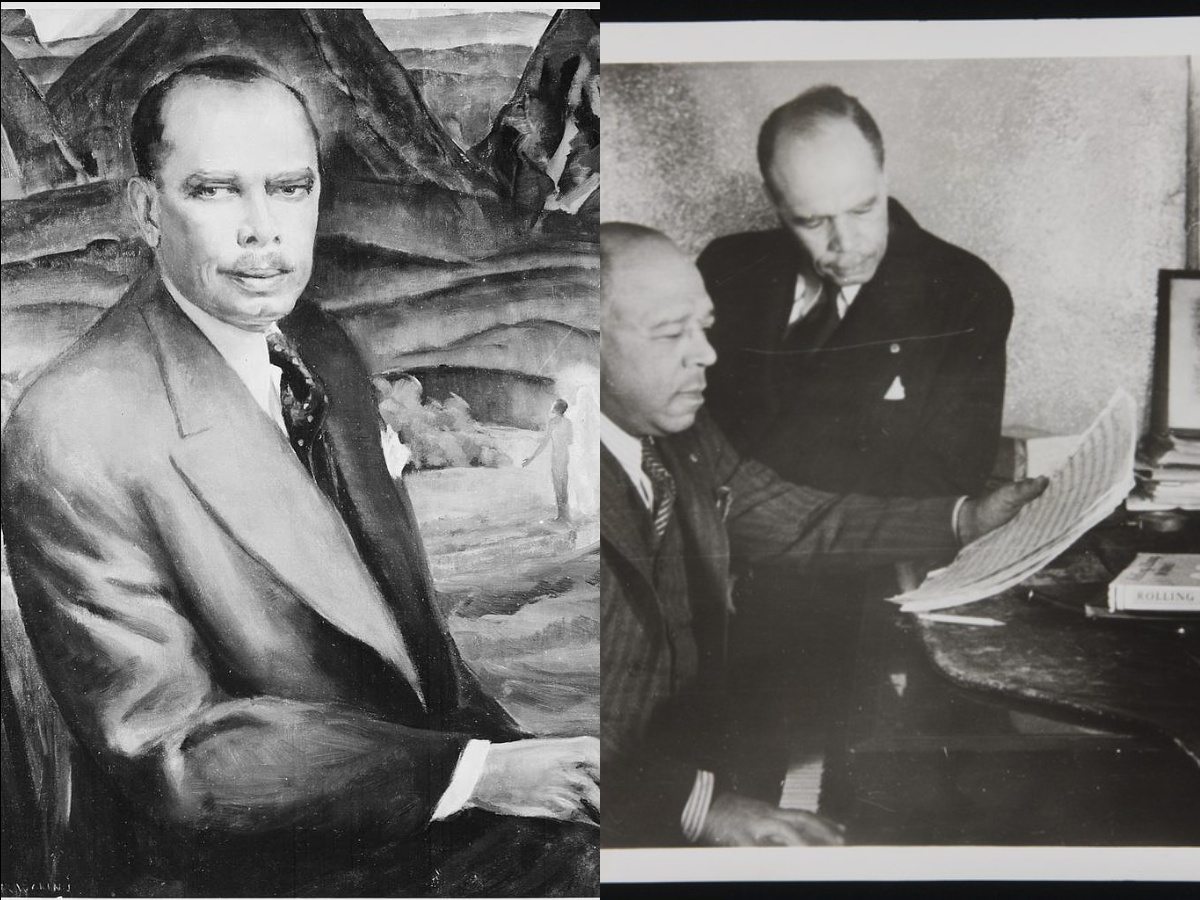“Lift Every Voice and Sing” has inspired countless people, particularly within the Black community. It is widely regarded as “The Black National Anthem.”
In 1900, NAACP leader James Weldon Johnson wrote the hymn, while his brother, John Rosamond Johnson (1873–1954), composed the music. The song was first performed publicly in Jacksonville, Florida, to celebrate President Abraham Lincoln‘s birthday by a choir of 500 schoolchildren at the segregated Stanton School, where James Weldon Johnson was the principal.
During the 20th century, the lyrics resonated deeply, capturing a solemn yet hopeful appeal for the liberty of Black Americans. Rooted in religious imagery and invoking God alongside the promise of freedom, the song was later adopted by the NAACP and became a powerful rallying cry during the Civil Rights Movement of the 1950s and 1960s.
James Weldon Johnson described the song’s creation in his own words:
“A group of young men in Jacksonville, Florida, arranged to celebrate Lincoln’s birthday in 1900. My brother, J. Rosamond Johnson, and I decided to write a song to be sung at the exercise. I wrote the words, and he wrote the music. Our New York publisher, Edward B. Marks, made mimeographed copies for us, and the song was taught to and sung by a chorus of five hundred colored school children.
Shortly afterward, my brother and I moved from Jacksonville to New York, and the song passed out of our minds. But the school children of Jacksonville kept singing it. They went off to other schools and sang it. They became teachers and taught it to other children. Within twenty years, it was being sung throughout the South and in other parts of the country. Today, the song, popularly known as the Negro National Hymn, is widely used.” – Via Jamesweldonjohnson.org.
READ ALSO: New Louisiana program gives $1000 monthly ‘reparation’ payments to Black residents thanks to $1 million donation from descendants of slave owners
Though many years have passed, the song remains relevant, continuing to uplift both Black individuals and others who find solace in its message. It is often performed at significant events.
However, not everyone is pleased when the song is played. A few days ago, some fans expressed outrage and threatened to boycott the NFL after Tasha Cobbs performed “Lift Every Voice and Sing” before kickoff at the season opener between the Baltimore Ravens and Kansas City Chiefs.
Critics accused the NFL of causing division by playing the “Black National Anthem,” with some arguing that it was inappropriate to have more than one national anthem.
Disgruntled fans took to social media to voice their frustrations:
“Boycott the NFL,” one fan wrote. “Ridiculous.”
“BOYCOTT THE NFL for playing the Black National Anthem,” another fan posted on X. “There is only ONE National Anthem.”
Amid the backlash, other fans argued that the critics were merely seizing the moment to express political opinions and attack the NFL.
“If you choose to boycott the NFL, cool. Way fewer morons for me to encounter if I go to a game,” one individual responded.
Another added, “People have been saying boycott the NFL for the last 8 years, and for the last 8 years, the NFL’s viewership has continued to break its own records.”
How does “Lift Every Voice and Sing” inspire you? Share your thoughts in the comments section.
READ ALSO: Black women donors receive 8x less compensation for their eggs than White women donors, according to new report

